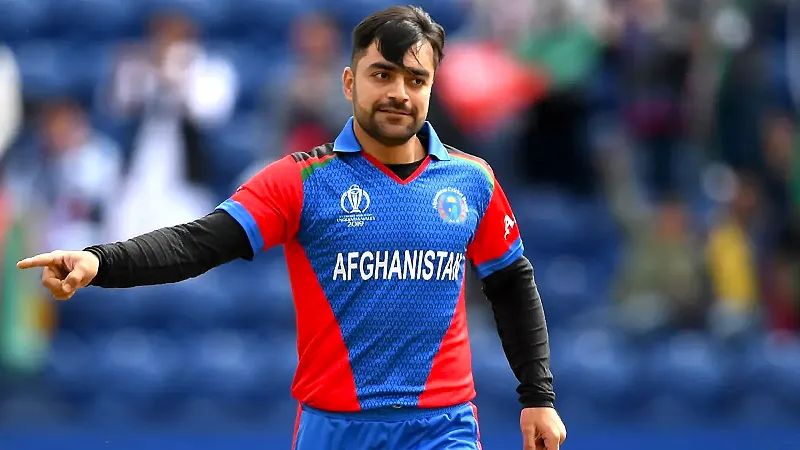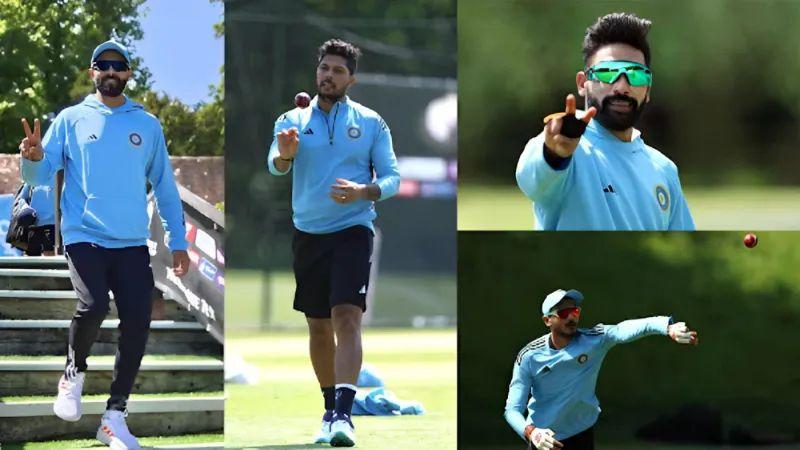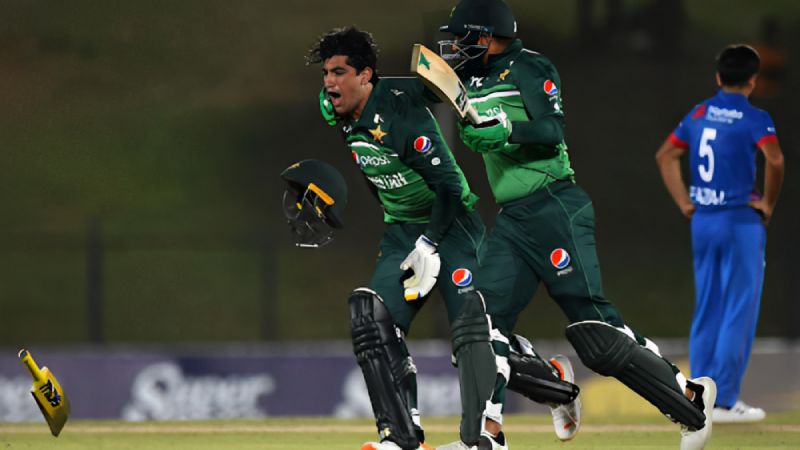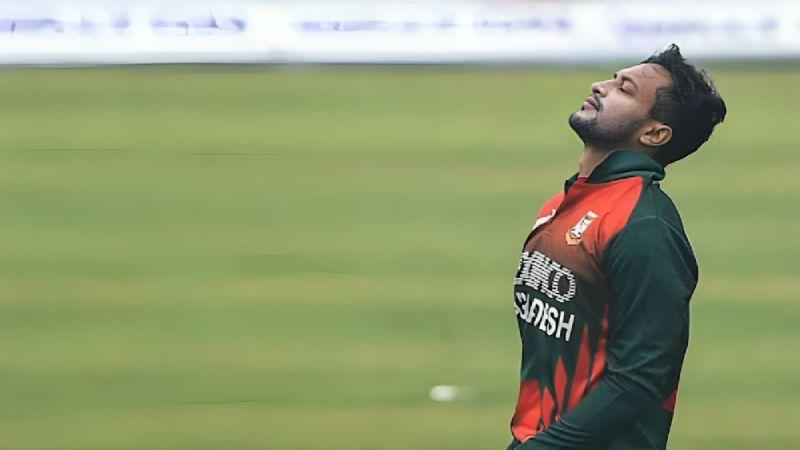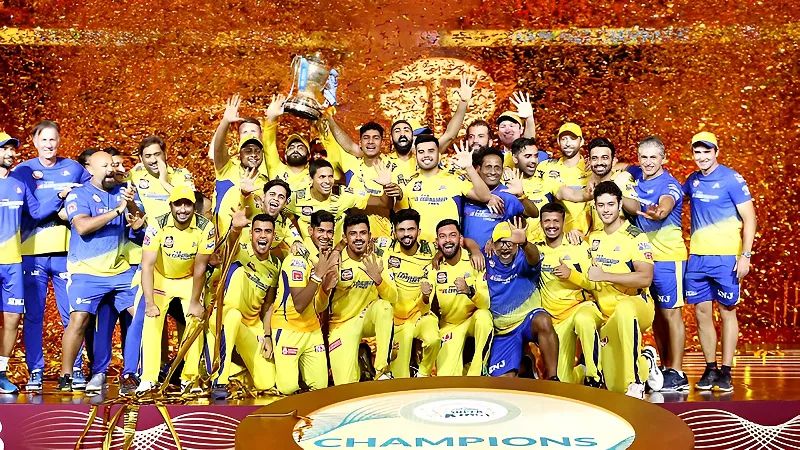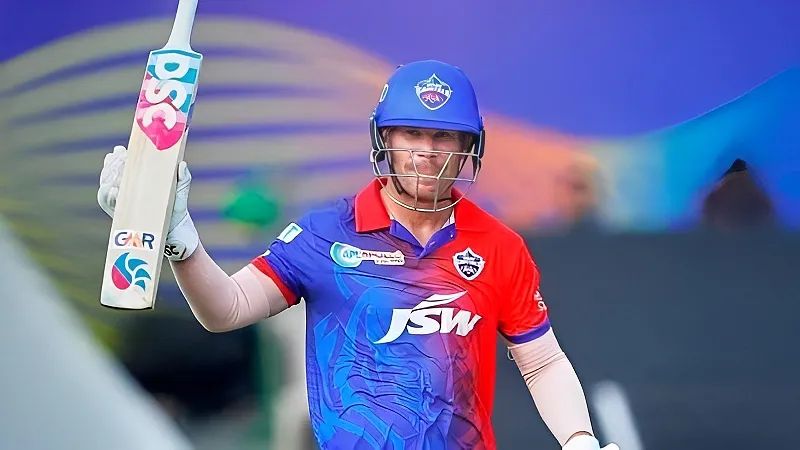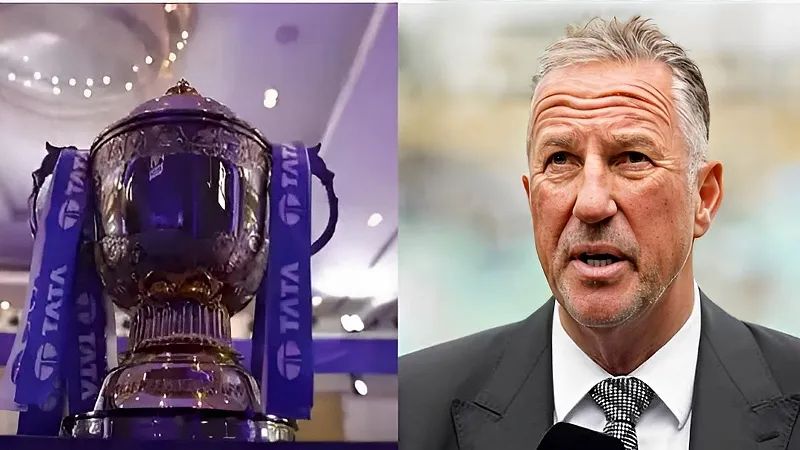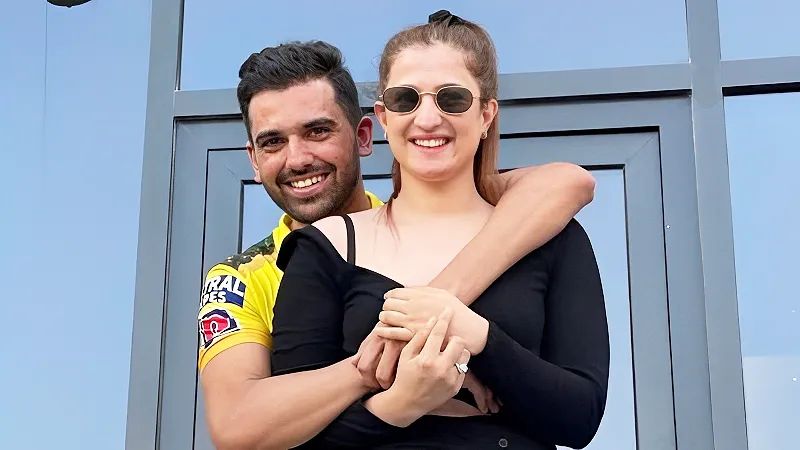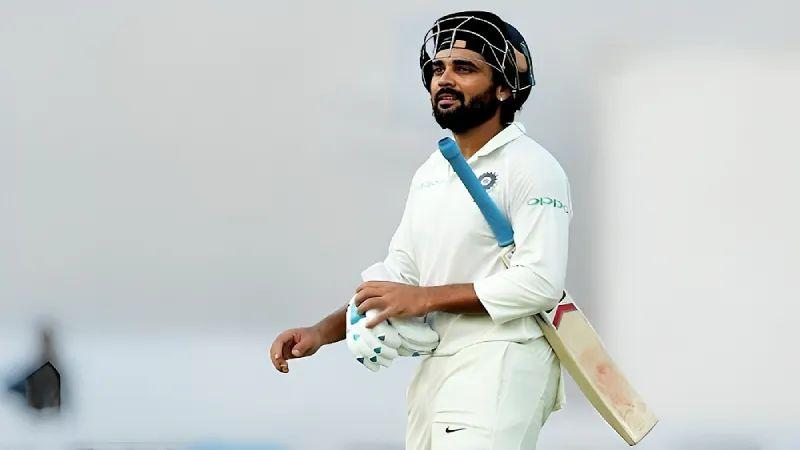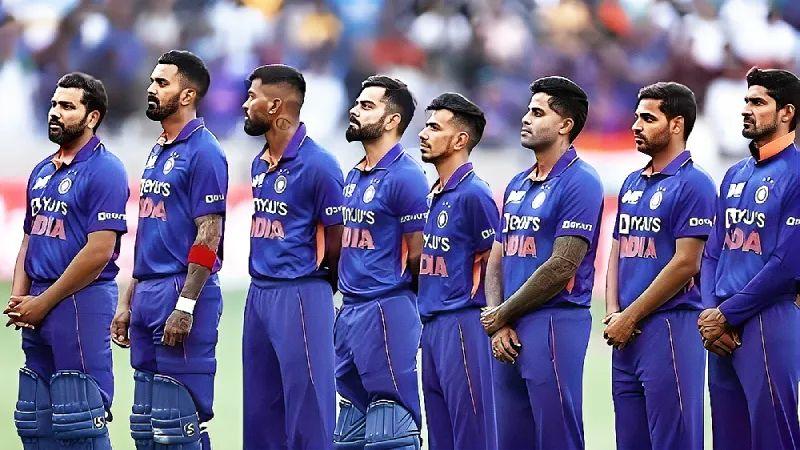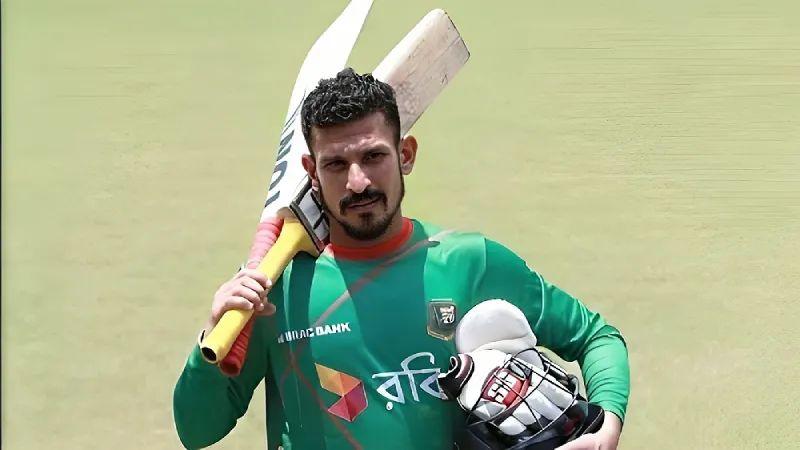Former West Indies Captain Joins Ranks as Assistant Coach
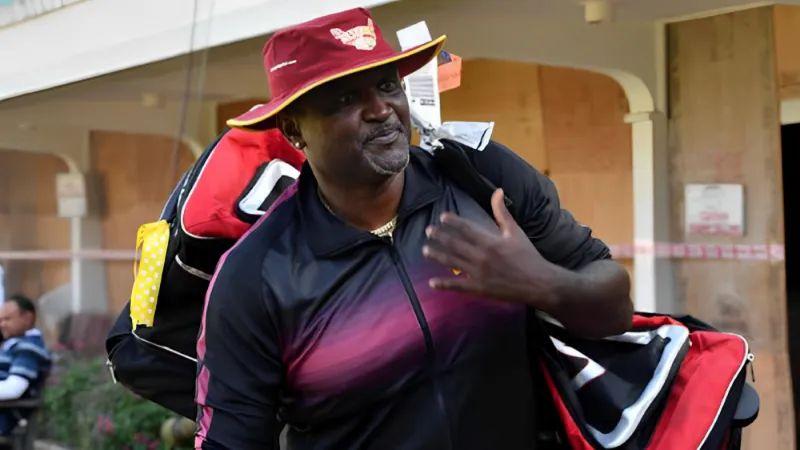

Former West Indies captain, Carl Hooper, is set to make a return as an assistant coach for the West Indies cricket team. Hooper’s appointment comes ahead of the team’s ODI series against the United Arab Emirates (UAE) and their campaign in the ICC Men’s Cricket World Cup Qualifier. With his extensive playing experience and coaching background, Hooper aims to make a meaningful impact and contribute to the resurgence of West Indies cricket. This article analyzes Hooper’s appointment, the coaching staff’s vision, and the upcoming challenges faced by the team.
After retiring from international cricket, Carl Hooper ventured into coaching and mentoring roles at various levels in the Caribbean and Australia. With an illustrious career spanning 15 years, Hooper brings a vast reservoir of experience, having represented the West Indies in a staggering 329 international matches. Hooper’s most recent coaching stint was with the Adelaide Strikers in Australia’s Big Bash League. He has also worked with teams like the Antigua Hawksbills and Guyana Amazon Warriors in the Caribbean Premier League. Furthermore, Hooper has contributed as a mentor at the West Indies High Performance Centre located in Barbados.
As an all-rounder, Carl Hooper made significant contributions to West Indies cricket. With over 5000 runs and more than 100 wickets in both Tests and ODIs, he showcased his versatility and skill. Hooper captained the West Indies team from 2001 to 2003, leading them in both Test and ODI formats. His leadership experience and understanding of the game will undoubtedly benefit the team as they strive to regain their former glory.
Daren Sammy, the white-ball head coach, has carefully assembled a coaching team with a shared vision of positively impacting West Indies cricket. Alongside Hooper, former West Indies international Floyd Reifer and ex-New Zealand all-rounder James Franklin join as assistant coaches. Sammy emphasizes the importance of having a cohesive group of passionate individuals who are committed to the players and the development of West Indies cricket.
West Indies’ immediate focus will be on the upcoming three-match ODI series against the UAE, where they will fine-tune their strategies and assess their squad ahead of the ICC Men’s Cricket World Cup Qualifier in Zimbabwe. In Group A of the qualifier, West Indies will face the United States, Netherlands, Nepal, and the hosts Zimbabwe. The tournament provides an opportunity for the West Indies to secure one of the two remaining spots for the ICC Men’s Cricket World Cup, scheduled to be held in India later this year.
The addition of Carl Hooper and the other assistant coaches strengthens the support system for the West Indies team. Their collective expertise and guidance will help the players navigate the challenges they will face in the upcoming ODI series and the World Cup Qualifier. The coaching team’s emphasis on hard work, passion, and a shared vision creates an environment conducive to player development and team success.
Carl Hooper’s return as an assistant coach for the West Indies cricket team adds a valuable dimension to their coaching staff. With his vast playing experience and coaching background, Hooper brings a wealth of knowledge to assist Daren Sammy in the white-ball formats. Together with Floyd Reifer and James Franklin, they form a cohesive group focused on positively impacting the players and the overall performance of West Indies cricket.
More Highlights
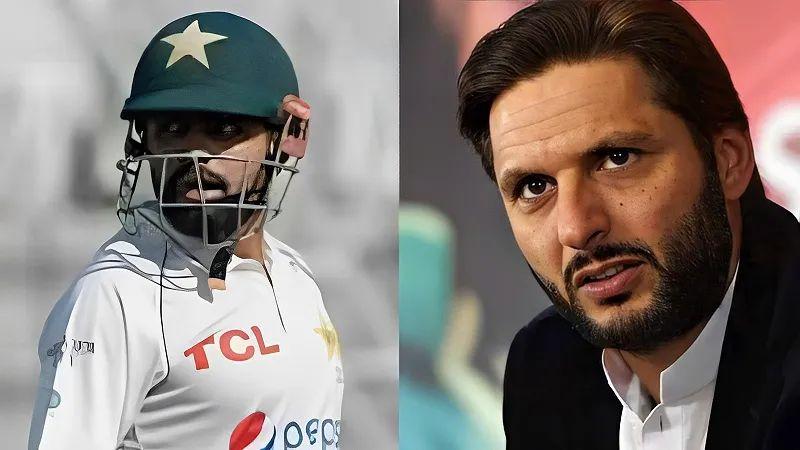


Afridi wants alternative players to Babar in ODI World Cup
Shahid Afridi’s Strategy – Providing Alternatives to Babar Azam for ODI World Cup Success The cricketing world is abuzz with anticipation as the thirteenth
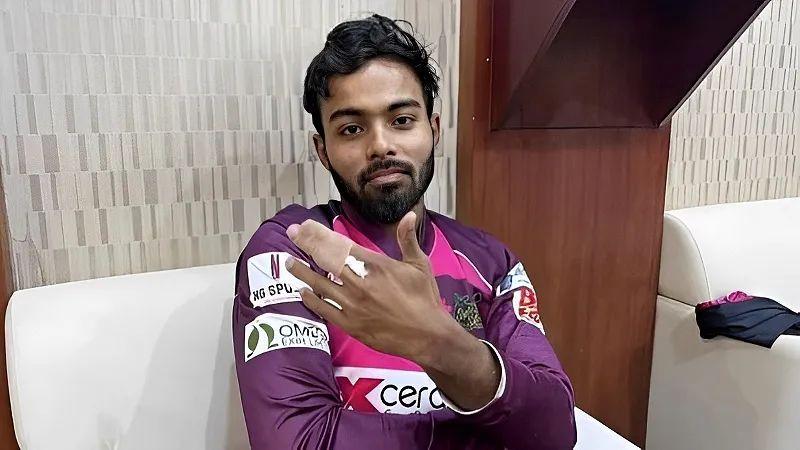


Touhid Hriday: 8 stitches in finger, out for two weeks
Touhid Hriday: Injury Sidelines Promising Cricketer from BPL Action A Dreamlike Run Cut Short In the ninth edition of the Bangladesh Premier League (BPL), Touhid
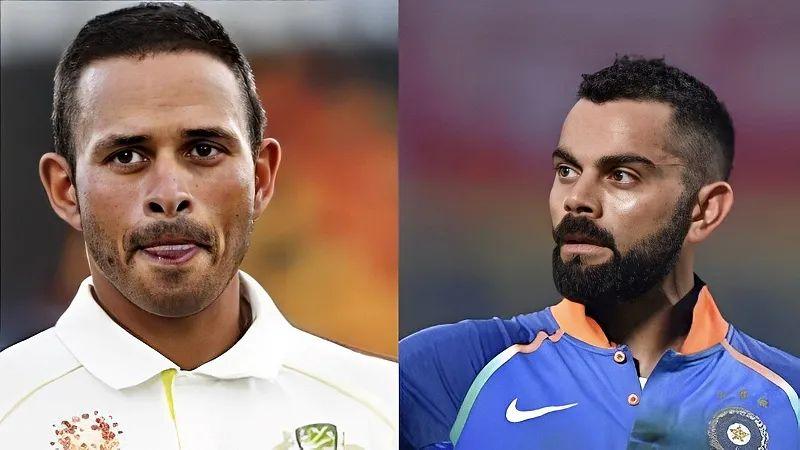


Kohli – Khawaja went ahead in the ranking after Liton
Kohli and Khawaja Rise in Rankings After Liton’s Fall King Kohli’s Remarkable Streak As the curtains closed on the previous year, Virat Kohli, often hailed

